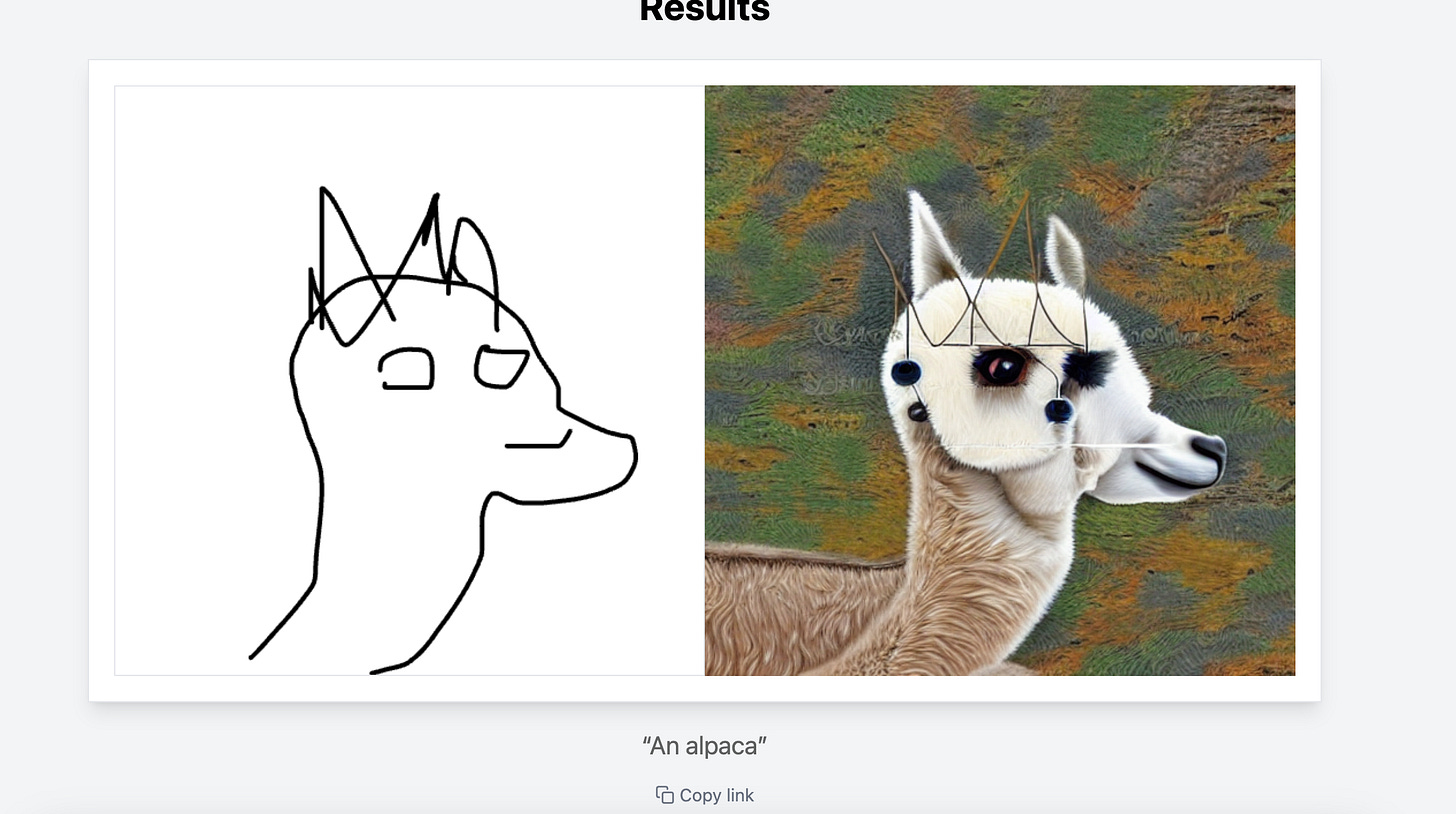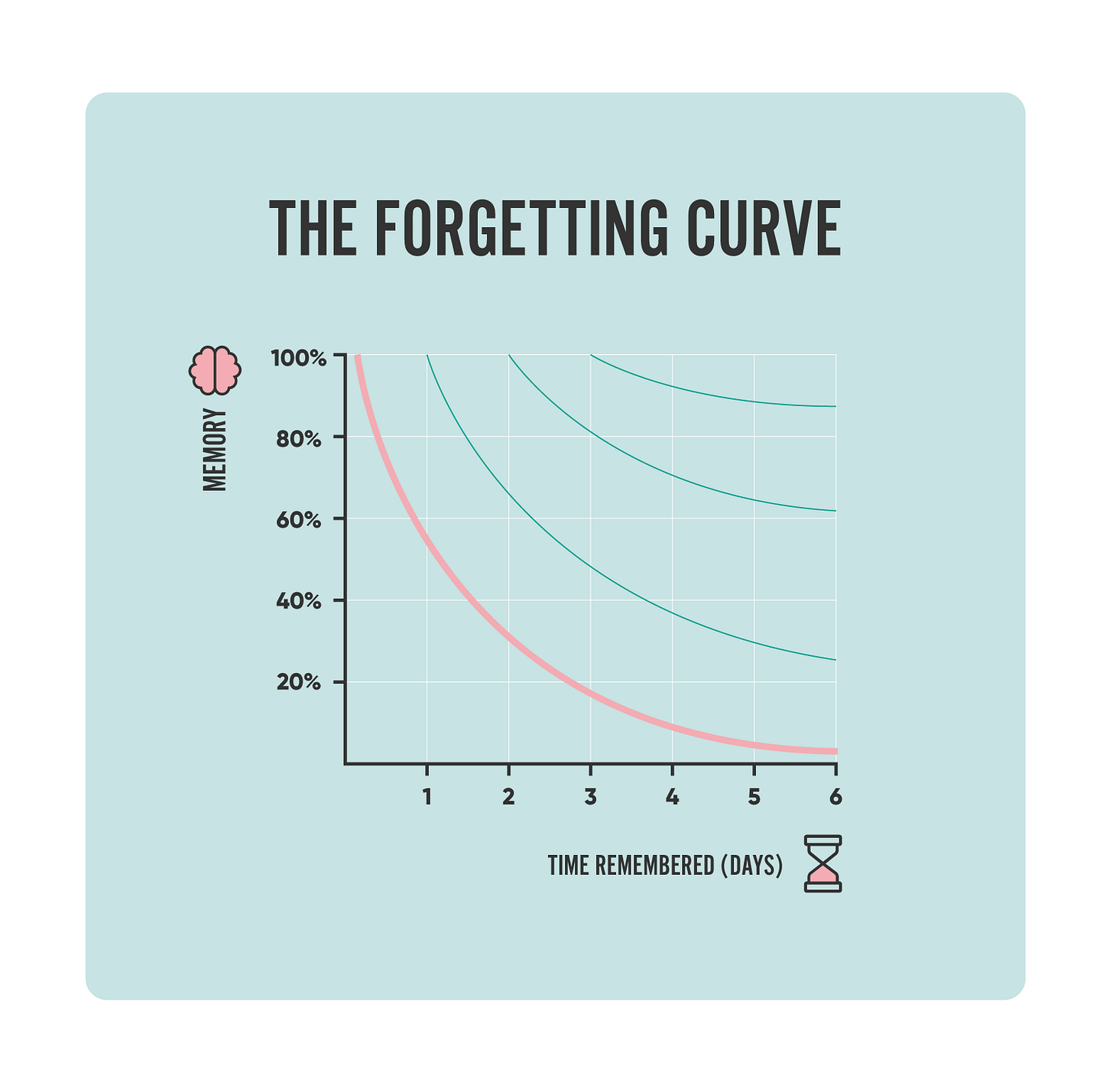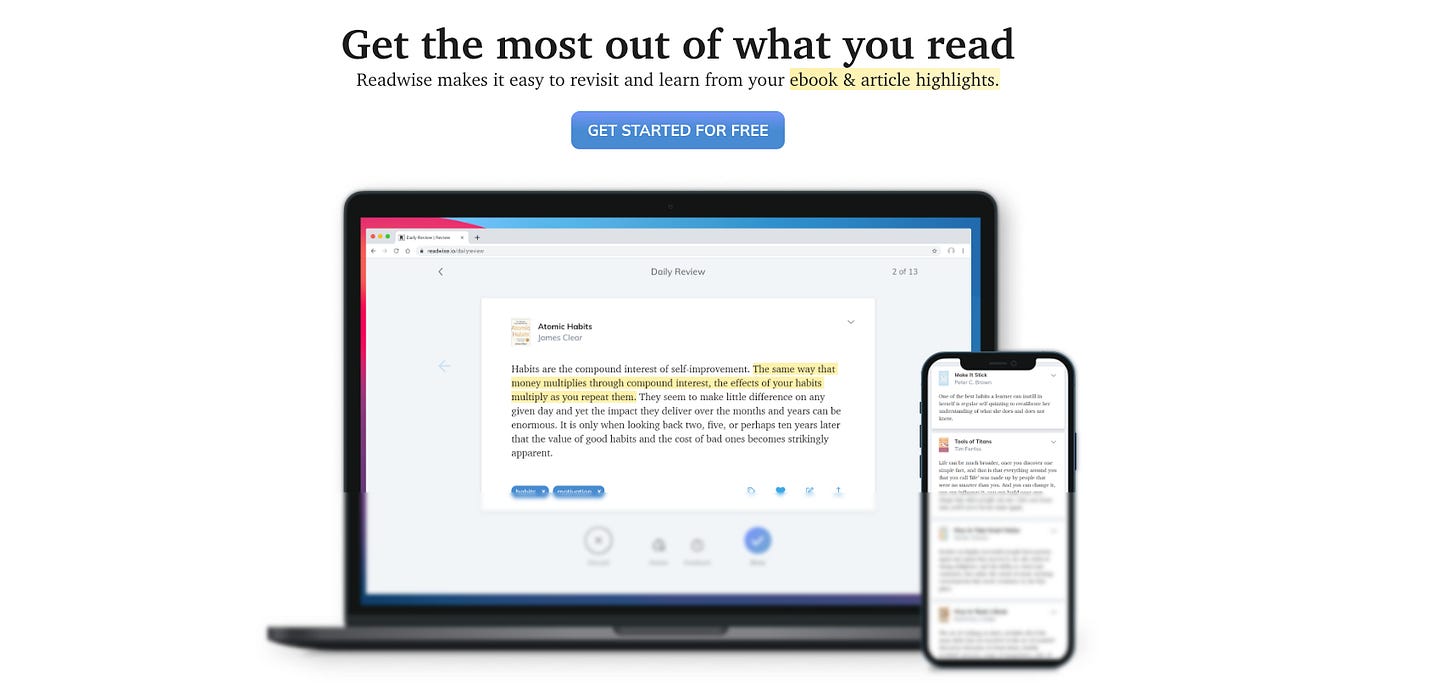This week on tips - Have you thought about Methane?, from drawing to image in seconds, and an aid to remember
Hello dear reader,
This week comes with a request; take a break!
Seriously, studies have shown that it is beneficial multiple times. Beyond the breaks for work, the kind of break I am referring to it’s a deeper type of break. The sort of break that helps you avoid burnout; a few examples include taking a vacation, a weekend nature retreat, strengthening the working hour boundaries, and taking sleep seriously. But you might wonder when is the correct time to take a break. There is no proper time; the best one it’s now. I think this image summarises it well:
With that message delivered, welcome to week XIX!
Have you thought about Methane?
The most common correlation with climate change is CO2, most commonly known as carbon dioxide. Carbon dioxide is a greenhouse gas that traps heat in the Earth's atmosphere, contributing to the greenhouse effect and global warming.
But a less mentioned one is methane, a potent greenhouse gas. Methane has a much shorter atmospheric lifetime than carbon dioxide but is much more effective at trapping heat. The primary sources of methane emissions include agriculture (particularly livestock and rice paddies), landfills, natural gas systems, and wetlands. Although its atmospheric concentration is lower than carbon dioxide's, methane's heat-trapping capacity significantly contributes to climate change.
I wanted to bring you this two minutes video that summarises why it’s vital that we keep a tap on this gas as much as with carbon dioxide:

From drawing to an image in seconds
It is not rare that I keep bringing you new tools that utilize AI as their main motor to function; after all, it is ever developing technology, and we have not seen its total capacity yet. Today, I share with you Scribble Diffusion, a tool that allows you to draw something and describe what you want to draw, and it provides an image trying to achieve what you want.
It is not always accurate, but it’s fun to try.

This was my attempt
An aid to remember
A usual problem when we read a book, an article, or any material that gives us knowledge is that we forget much of what we read. Information on the forgetting curve suggests that we forget about 90% of what we learned or read in about a week:
How do you avoid that from happening? One of the best and most researched strategies is spaced learning. Spaced learning involves spreading the study or practice sessions over time, allowing for adequate breaks and intervals between sessions. This approach helps reinforce learning, enhance retention, and prevent cognitive overload.
There are multiple tools out there that can help you do that, but today I bring you two options:
Readwise is a digital tool that consolidates and organizes your highlights from various reading platforms, enabling efficient review and enhanced retention of crucial insights.
And one that it has more features within the free version, Quizlet, is a popular online learning platform that allows users to create, share, and study flashcards, facilitating knowledge retention through active recall and spaced repetition techniques.
That's all for now!
Help others unlock their full potential by sharing this newsletter with friends, coworkers, family, and classmates. When you share, not only will they benefit from these valuable weekly tips, but you'll also strengthen your social connections and contribute to building a community of growth and learning.
So, why not spread the knowledge and make a positive impact today?
Wishing you a wonderful week ahead – seize each day, embrace life's imperfections, and remember that the occasional challenge is a reminder that we are truly alive.
Take care,
Fernando







